All Stories
-
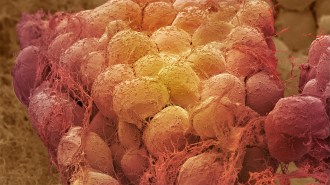 Health & Medicine
Health & MedicineKeeping weight off may be stymied by fat cells’ ‘memory’ of obesity
Some genetic changes in fat cells don’t go away after weight loss, a study in mice and human cells suggests.
-
 Neuroscience
NeuroscienceSome people don’t have a mind’s eye. Scientists want to know why
The senses of sight and sound are usually mingled in the brain, but not for people with aphantasia.
-

50 years on, Lucy still sparks our curiosity
Editor in chief Nancy Shute recounts the 50-year anniversary of the hominid's discovery, which upended the study of human evolution.
By Nancy Shute -

-
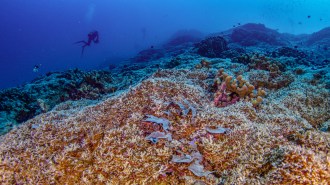 Oceans
OceansThe world’s largest coral was discovered in the South Pacific
The behemoth coral, discovered in October in the Solomon Islands, is longer than a blue whale and older than the United States.
By Nikk Ogasa -
 Health & Medicine
Health & Medicine50 years ago, U.S. drinking water sparked health and safety concerns
The discovery of potential cancer-causing agents in tap water led to the Safe Drinking Water Act — a law that continues protecting public health.
By Karen Kwon -
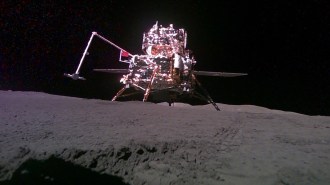 Planetary Science
Planetary ScienceA first look at rocks from the lunar farside create a volcanic mystery
Rocks returned by China’s Chang’e-6 mission suggest volcanic activity just 2.8 billion years ago but lack telltale heat-generating elements.
-
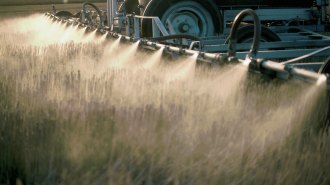 Health & Medicine
Health & Medicine22 pesticides show links to prostate cancer
The new finding comes from an analysis of pesticide use and prostate cancer incidence in over 3,100 U.S. counties.
-
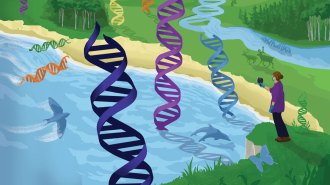 Animals
AnimalsStray DNA is all around us. It could revolutionize conservation
Environmental DNA harvested from the ocean, land and air can help scientists monitor wildlife. The challenge is figuring out how to interpret this eDNA.
-
 Psychology
PsychologyResearchers seek, and find, a magical illusion for the ears
A contest to design a sound-only magic trick could help psychologists learn about differences between visual and auditory perception.
-
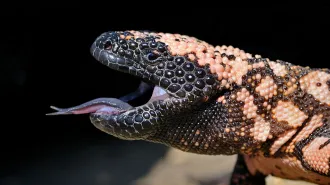 Health & Medicine
Health & MedicineLizard spit can help detect a rare pancreatic tumor
A protein found in Gila monster saliva flags tiny pancreatic tumors in PET scans.
-
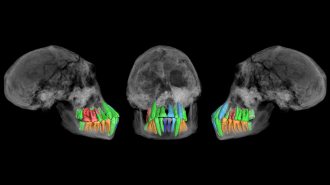 Anthropology
AnthropologyFossil teeth hint at a surprisingly early start to humans’ long childhoods
Signs of temporarily delayed tooth development in the skull of an ancient Homo species youth spark debate about the origins of humanlike growth.
By Bruce Bower